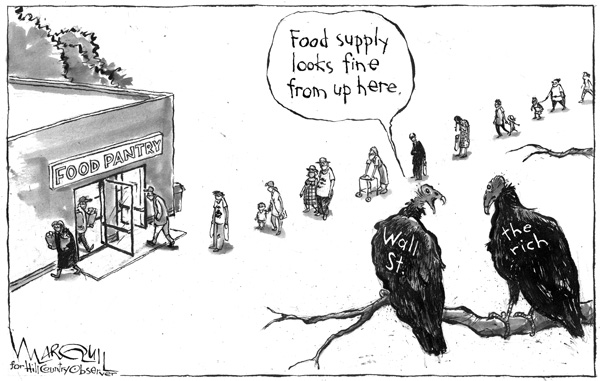Editorial June 2020
E D I T O R I A L
Cases highlight need for policing reforms
Eric Garner, Philando Castile, Freddie Gray, and so many more: The past decade seems a blur of names of unarmed black men, and occasionally women, dying at the hands of police. The cases, from cities all around the nation, spark outrage and protests, and then fade from the news until the next case explodes into view.
But the death last month of George Floyd, held face down by four officers on the Minneapolis pavement, seems unlikely to fade from memory so easily. The bystander’s cellphone video of Floyd, his neck pressed under an officer’s knee for more than eight minutes as he pleads that he can’t breathe and then goes limp, is simply too chilling.
Most stunning is casual indifference of the officers as they keep pressing down on Floyd, ignoring his pleas and those of the witnesses recording them from the sidewalk. As May turns into June, our political leaders in Washington are bitterly divided about the massive protests that have followed Floyd’s death. But no one is defending the the officers, because the video is just too damning.
Locally, people demanding justice for Floyd have staged at least a dozen peaceful protests in communities from the Berkshires to Glens Falls and from Rutland to Hudson, drawing crowds that ranged from dozens to hundreds. There haven’t been any tense standoffs with police.
But if you think that’s because local police agencies in our area are all in great shape and that a case like Floyd’s could never happen here, think again. To be sure, there are police agencies in our region that stand out for their professionalism, but others are overdue for a top-to-bottom overhaul.
Consider the case of Troy, where a city police sergeant shot and killed Edson Thevinen, an unarmed 37-year-old black man, in an April 2016 traffic stop. Police claimed the officer acted in self-defense, firing eight times after Thevinen pinned him between two vehicles. The county district attorney, who later lost his re-election bid, promptly presented the case to a grand jury, which cleared the officer of criminal wrongdoing. But two eyewitnesses, who weren’t invited to testify, insisted the officer wasn’t in any danger, and investigators from the state attorney general’s office concluded the evidence didn’t support the officer’s story.
Then there is the case of Saratoga Springs, where another black man, Darryl Mount Jr., wound up mortally injured while fleeing officers after confrontation in 2013. The police chief, now retired, told reporters the incident was the subject of an internal investigation. Five years later, under oath, he admitted there was no investigation.
Recall too the city police in Rutland, where in 2015 a former officer’s lawsuit put the spotlight on a series of incidents of racism and racial profiling – and in the process produced sworn depositions revealing a much broader range of misconduct, including lying in court, drinking on the job and fabricating probable cause. Two officers were indentified in depositions by their colleagues as allowing women to avoid drug charges by becoming “confidential informants” – a status that allowed the officers to cultivate the women for sex.
The officers in that case left the Rutland force, and a new police chief committed to reducing racial bias in the department’s practices. But as of early 2017, a statewide study of racial disparities in policing found that black drivers pulled over by Rutland police still were six times more likely than white drivers to be searched.
If the death of George Floyd leads to a national push for policing reforms, the changes could well yield direct local benefits.


